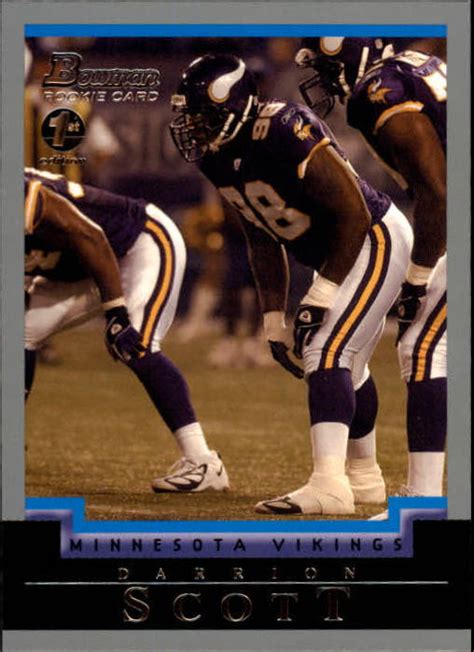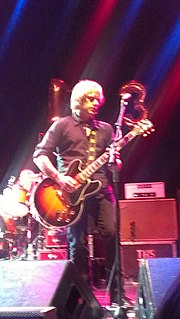A Quote by Tom Stoppard
I feel that when I began writing, I had a need to know more about the play before I got into it. I think that's the way I was thinking. But my actual experience is that the best way to find out what the structure is, is by writing the play out laterally. You just have got to be brave enough to start without knowing where you are going.
Related Quotes
Writing helps us heal in certain way, but it doesn't make the experience of thinking about writing that occasion any less painful. When you revisit trauma, you don't know what's going to be triggering for you because you don't know how it's connected in your mind. So in the same way when we write something, it doesn't completely resolve the experience for us. It can feel therapeutic, but that's not the reason why I do it. I do it to ask a question, or just to find meaning.
It's one of the best feelings in the world to hit the quarterback like that, hear the crowd go crazy, and then to watch it on film. You look forward to those types of plays. The best part about it is that you never know when it's going to come. Every play you've got to go hard and every play you've got to think and believe that you're going to get that quarterback sack. If you don't get it that play it might be the next play so you've always got to be thinking about it, and when it comes, it's the best.
Now you know you're going to have to play music for the label, you know you're going to have to get an opinion from the manager. Now, I'm so much more conscious and it bothers me. I try to find my way back to writing without being too analytical or not thinking about whether this is good or is it bad.
I can work a lot faster when I'm writing a screenplay than when I'm writing a play because, if I'm having a problem with a scene or something, I can just be writing it in a way where there's no dialogue, or find a way to make sound do the work that I want to do or a close-up do the work that I need to do.
We don't think about how the songs are going to translate so much during the writing process. Once the song is recorded, and once we're mixing, that's when it occurs to me. Then you start rehearsing to play shows. I never concern myself about how we're going to pull it off live, because I know we'll figure out a way to do it.
I find it's very confusing when one critic tells you one thing and one tells you something completely different. Unless all the critics agree on parts of the play that just didn't work. I have stopped reading reviews, because I find writing is all about courage. You must have courage when you start writing a play and you cannot have the voice - you must write things out. You cannot have the voice of a critic telling you, "That didn't work in that play, you cannot make it work in another play." Every time you do a production, it's an experimentation.
I started out really young, when I was four, five, six, writing poems, before I could play an instrument. I was writing about things when I was eight or 10 years old that I hadn't lived long enough to experience. That's why I also believe in reincarnation, that we were put here with ideas to pass around.
You make other team think you going one way and you got to sell the move going that way and you've got to really make them think that you're going that way and they're going the other way. When it ends up ultimately being a perfect crossover is when you shake them so bad that they can't even get back into the play to play defense. You're already gone. That's what I think the perfect one is to where a teammate of his has to stop you from scoring.



































